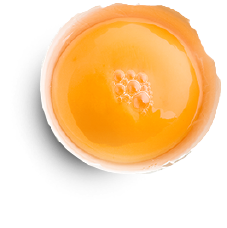Filter By

Safe Eggs for a Safe Easter
For the happiest memories, keep these safety tips in mind for buying, handling, and eating eggs, as the Easter season approaches.
Let’s start with safe egg purchase considerations:
- Always purchase eggs from a refrigerated case
- Examine the carton for clean, uncracked shells
- Check the expiration date or sell by date
- Look for the USDA grade shield

Now let’s move on to safe handling tips!
Before you begin preparing your eggs, always wash your hands, utensils and surfaces with warm, soapy water. You don’t have to wash your eggs because they’re sanitized before they’re packaged.
Check out this recipe for perfect hard-boiled eggs from IncredibleEgg.org.
You can decorate eggs immediately after boiling. If you plan on decorating later, refrigerate the eggs immediately after they are cooled in an ice bath. Hard-boiled eggs spoil faster than fresh eggs because the protective layer is washed away during boiling. Be sure the hard-boiled eggs are not left out of the refrigerator for more than two hours and always use within one week.
There are many ways to decorate eggs but there’s nothing like a traditional-dyed Easter egg! View this 30-second video for dying tips. It is not safe to dye eggs that have cracked during boiling. Eggs with cracked shells are safe to eat but will spoil faster so use them in one to two days.
Still have egg-related questions about Easter? Browse egg answers! For more information on egg safety, follow us on Facebook or Twitter.

 Back
Back